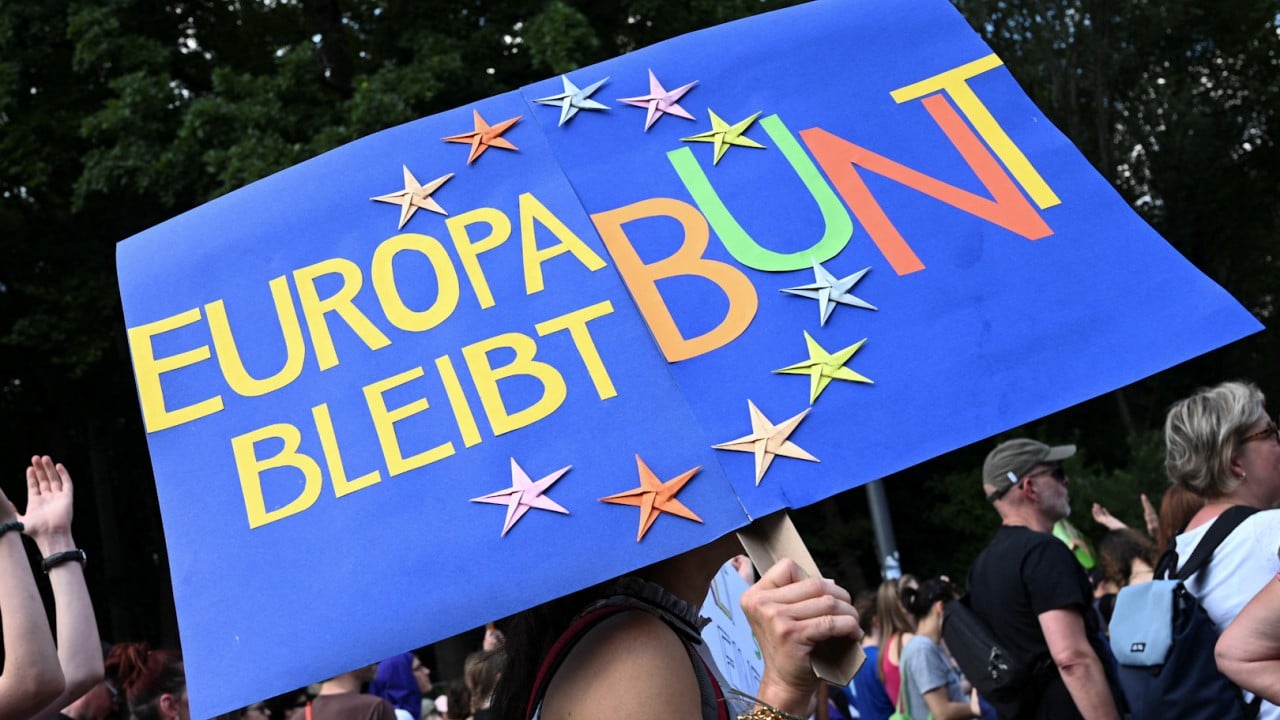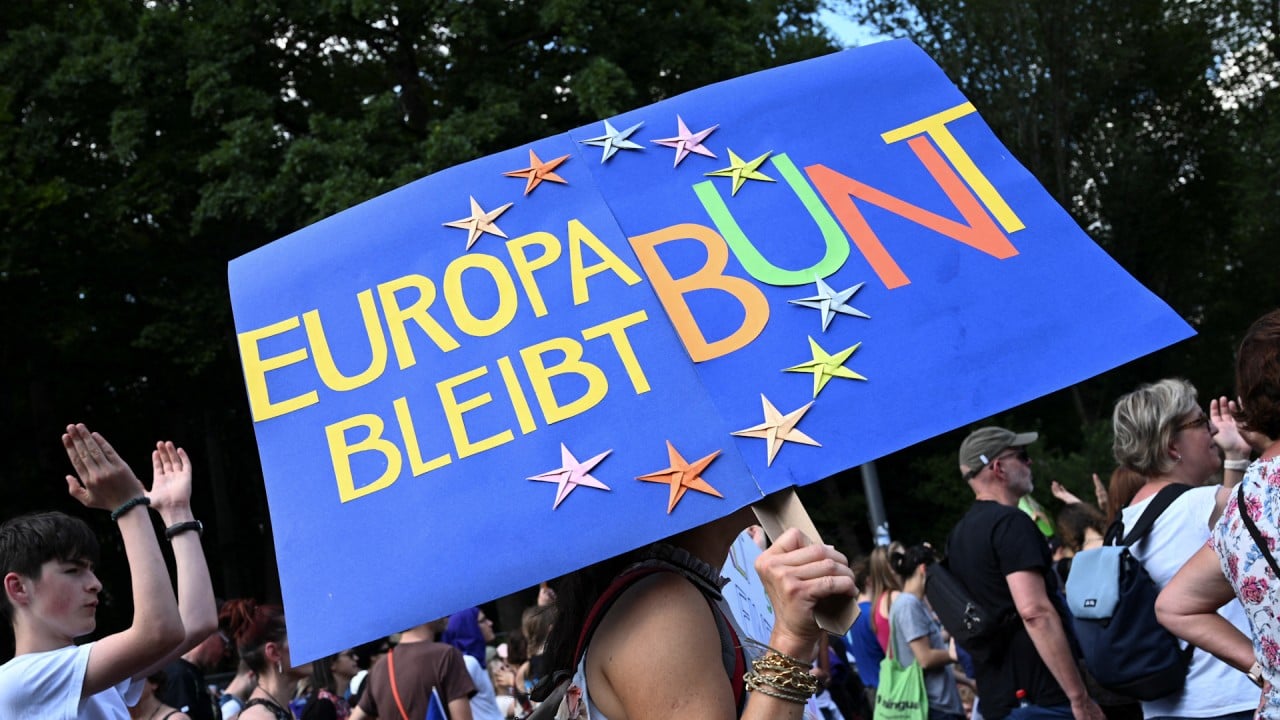Giorgia Meloni’s trip to Beijing last month was meant to be a relaunch of relations with China after Italy’s exit from Xi Jinping’s signature Belt and Road Initiative a year ago.
The main outcome from the trip was the signing of a three-year action plan to increase cooperation in a range of areas from trade to green development.
Beijing also called on Rome to help promote its relations with the European Union but observers said there was little sign that the Italian prime minister – with a reputation as a staunch critic of China – had the interest or wherewithal to do so.
When Italy signed on to the belt and road plan in 2019, it was the only big Western European economy to join China’s flagship infrastructure plan. When it pulled out in 2023, it cited a lack of economic benefits.
The decision to withdraw was in line with Europe’s broader “de-risking” approach to China. The EU has a €300 billion (US$330 billion) trade deficit with China and Brussels is increasingly at odds with Beijing over electric vehicle imports and support for Russia.
On her trip to Beijing, Meloni said she wanted a “fairer” trade relations and a narrower trade deficit with China.
She also said her country would welcome more Chinese investment.
Through the three-year action plan, both sides agreed to expand the scale of two-way investment, with Chinese businesses planning to build car and wind turbine plants in Italy.
But the action plan was more of a “face-saving” gesture after the belt and road exit, according to Michele Geraci, a former undersecretary of state at the Italian Ministry of Economic Development.
“When we did the belt and road agreement, the agreement had the initial five years and then automatic renewal for another five. So in my mind when I pushed for it, it’s at least a 10-year agreement,” said Geraci, who was involved in the negotiations.
“[This one is] just three years … So this also indicates that she really does not want to get involved with China too much.”
Geraci also did not think Meloni had any interest or ability to help improve China’s relations with the EU.
“She wanted to boycott the Beijing Olympics, exit the belt and road … she is a liability for the EU-China relationship,” he said.
Meloni’s criticism of China goes back at least to 2008 when she was youth minister and called on Italian athletes to boycott the opening ceremony of Beijing Olympics over alleged human rights violations in Tibet.
After becoming prime minister in 2022, she allowed Taiwan to open a representative office in Milan and urged the EU to give support to the island.
In Beijing, she also took aim at China over its economic support for Russia during the Ukraine war, toeing the same line as her Western partners on almost every key issue related to China.
Francesca Ghiretti, a research assistant who specialised in EU-China relations at King’s College London, said Italy’s China policy was very similar to that of other large European economies, which tended to “balance between managing risks and advancing economic interests”.
“The difference with other European countries, such as Germany and France, is that Italy has a tendency to seek marketing victories that, however, often are empty in content. That was the case with the [belt and road] and it is soon to say but it is likely to be the case for the content of the recent visit,” she said.
Nevertheless, Meloni may be now shifting to improve economic ties with China, after spending the past two years consolidating her standing in the West, particularly with the United States, said Long Jing, deputy director of the Centre for European Studies at the Shanghai Institutes for International Studies.
“It actually chose its traditional ally the United States at first over China, so it took the initiative to not renew the belt and road agreement … It was like a pledge of allegiance,” Long said.
Meloni has sought to position herself as an influential Western leader as she cosied up to the US while leading the biggest right-wing faction, now the third-biggest party in the European Parliament.
But her faction failed to obtain a top post in the bloc following the June election while Meloni is reportedly having a spat with European Commission President Ursula von der Leyen, disagreeing over a few key issues.
Analysts said that despite a right-wing surge in the EU parliament, Meloni is less likely to have large influence on the bloc’s policy, including those on China, without being the dominant party in the EU.
“We may see a trend that [Italy] will deflect many of the issues that it is unwilling to solve to the EU level … saying that it has no role to play. It may adopt such a balancing act, so it can actually maximise the interests of its own country,” Long said.
Wang Yiwei, a Europe specialist at Renmin University, said China did not have great expectations of Italy playing a role in improving China-EU ties, given the damage to trust inflicted by the belt and road exit.
“The relationship between China and the West still faces great troubles. If there are some new signs with Italy, China will definitely be happy. But we can’t completely rely on it. The Italians are more volatile,” he said.
“But we should still [work on the relations] as much as we can, to slowly accumulate trust and set an example [for other countries].”




.jpg?itok=Qexy_wA0)